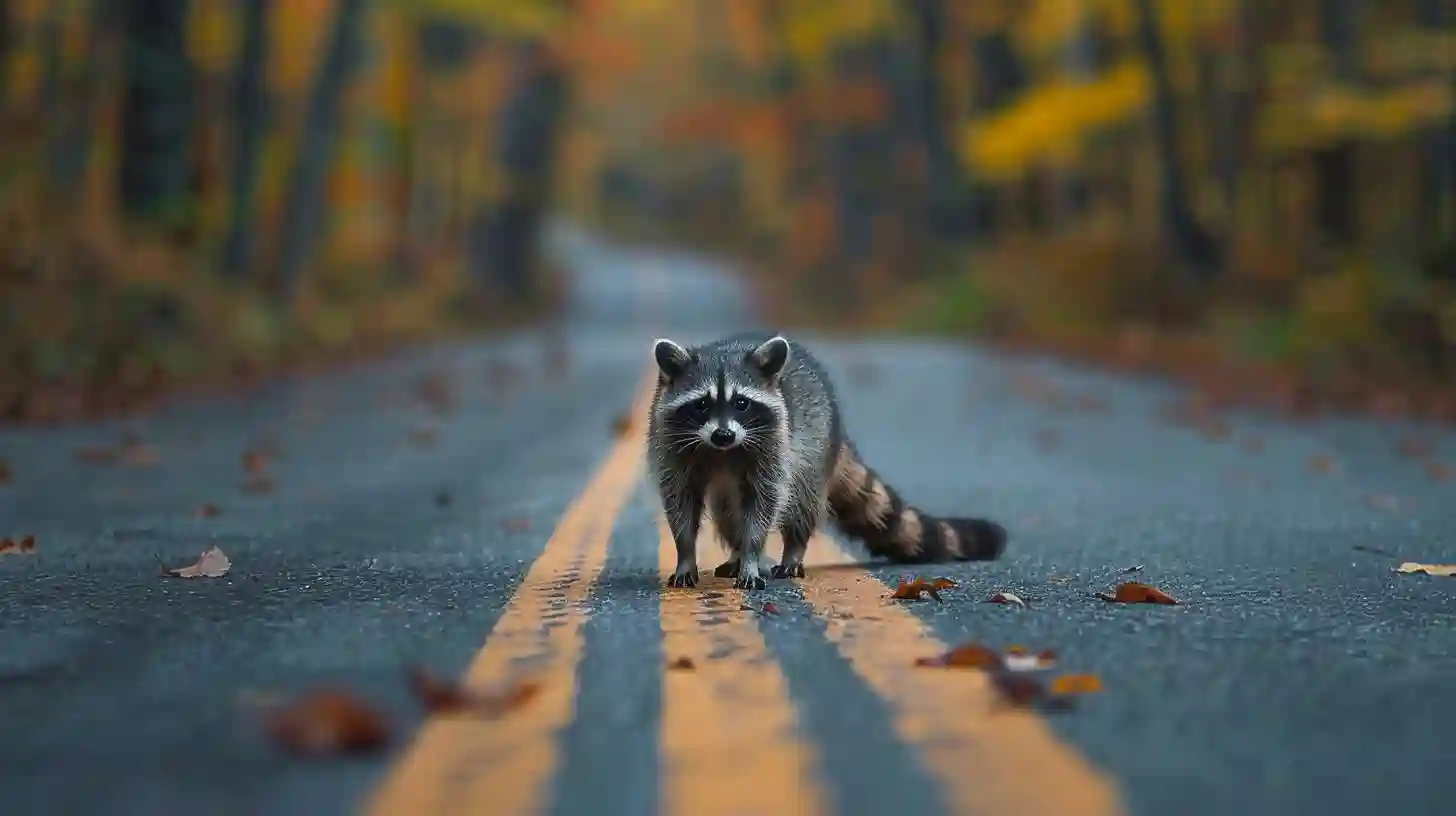
Raccoons, with their distinctive colors and mischievous behavior, are a common sight in North America. But have you ever wondered where the name "raccoon" comes from? We explore the origins of the name raccoon, tracing its etymology throughout history to uncover its fascinating origins.
The word "coon" first entered the English language in the early 17th century. It is believed to be derived from the Algonquian language, specifically from the Powhatan word "arahkune". The 1607 Virginia Algonquin Dictionary, compiled by Captain John Smith, includes the term "aracoon" with a description of the animal as a badger.
The Powhatan people inhabited the coastal areas of Virginia when English settlers first arrived in the New World. They were an Algonquian-speaking tribe with a rich cultural heritage that included a deep connection to the natural world. The raccoon was a familiar creature to these indigenous peoples, who probably had their own names for it before the arrival of Europeans.
The Algonquian word "arahcoon" likely refers to the raccoon's distinctive markings, which include a black mask on the face and a ringed tail. These markings give the raccoon a unique appearance that sets it apart from other animals in the wild.
The word "coon" quickly caught on among English settlers in North America when they encountered this new and intriguing species. It was a convenient term that could easily be used to refer to the animal in everyday conversation. As the raccoon became more familiar to Europeans, its name became firmly established in the English language and is still widely used today.
The raccoon's name is also associated with German, where it is known as "Waschbär", which translates to "wash bear". This name probably refers to the raccoon's habit of washing itself and searching for food near water sources. Raccoons are known for their dexterous front paws, which they use to manipulate objects and even wash food before eating it.
The raccoon's curious behavior and adaptability have made it a popular character in folklore and mythology. In Native American cultures, the raccoon is often portrayed as a trickster who outwitted its enemies with cunning and intelligence. The raccoon's ability to thrive in different environments and adapt to changing conditions has also been a source of fascination for scientists and naturalists.
In recent years, the raccoon has become a beloved symbol of wildlife conservation and environmental consciousness. His playful antics and charming personality have endeared him to people of all ages, making him a popular subject for films, cartoons and children's books. The raccoon's name has become synonymous with intelligence, adaptability and resourcefulness - qualities that are admired by many.
Despite its popularity, the raccoon faces challenges in the modern world, including habitat loss, pollution, and conflicts with humans. Conservation efforts are being made to protect the raccoon population and ensure their survival for future generations. By learning the name and origin of the raccoon, we can better appreciate this amazing creature and the important role it plays in the ecosystem.
The name raccoon has a rich and storied history that reflects its cultural significance and importance in the natural world. From its Algonquian roots to modern associations with cunning and intelligence, the raccoon's name is a testament to its enduring appeal and popularity.